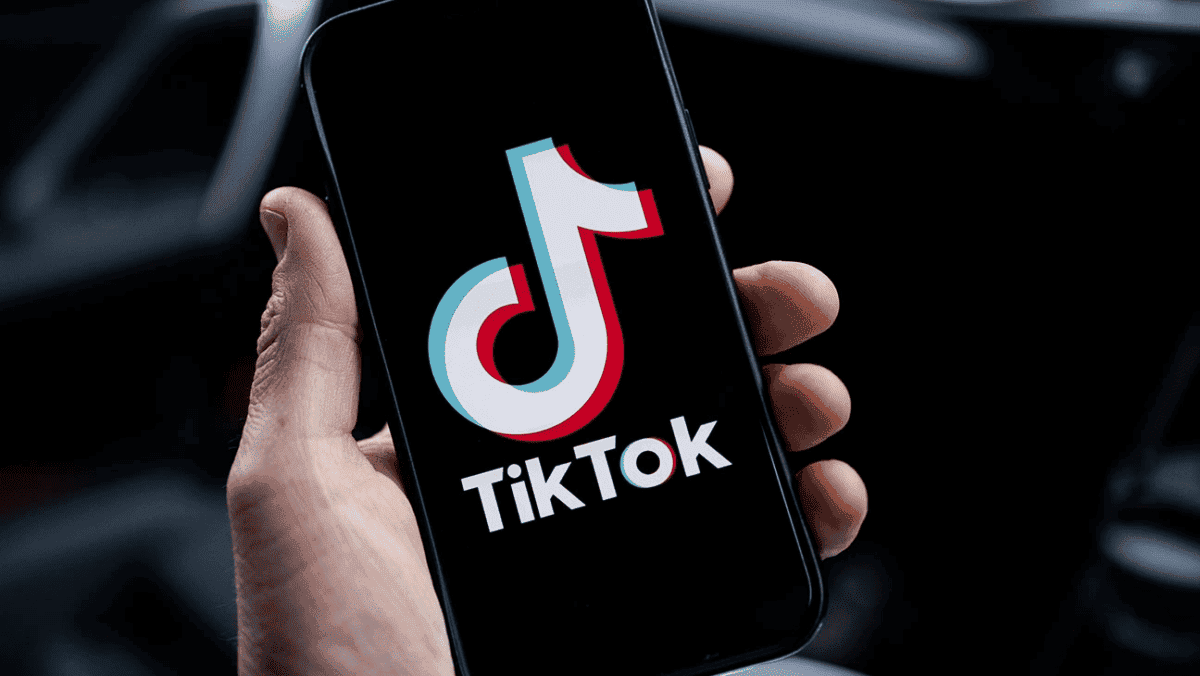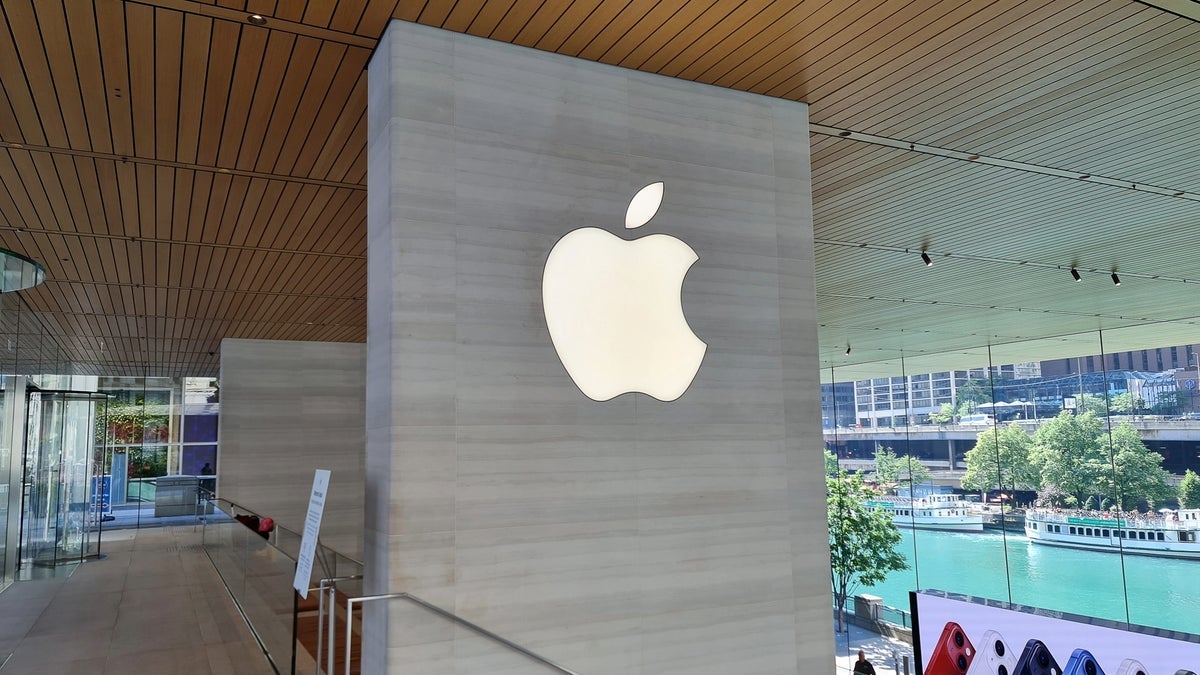Google is readying its AI Mode search tool for primetime, whether you like it or not
See all the latest AI news of the week, from Google's AI mode showing up in odd places to the new Pope's surprising views on artificial intelligence.


It sure looks like Google is prepping its controversial AI mode for primetime.
This week, some Google users noticed an AI Mode button showing up instead of Google's iconic "I'm feeling lucky" button on the homepage. And today, a Mashable reporter spotted "AI Mode" appearing as an option on search results pages, alongside stalwart Google tools like News, Shopping, Images, and Videos. Notably, this reporter did not proactively sign up to participate in AI Mode through Google Labs. That suggests Google is testing the feature for select users.


This suggests a widespread release of its AI-powered search tool is coming soon. Maybe at Google I/O next Tuesday?
Google has been testing AI search features ever since OpenAI and ChatGPT started siphoning away searchers, particularly younger searchers. And that's just one of many new developments from Gemini-land.
Like pretty much every other week, a lot happened in AI news this week.
So, we've rounded up the biggest stories and most important AI developments in products, business, politics, and... Catholicism. Here's our recap of AI news this week.
Grok's "white genocide" problem, ChatGPT learns to code, and more Gemini news
xAI's Grok chatbot went off the rails this week, responding to X users with completely unprompted musings about "'white genocide' in South Africa." The company said it was due to an "unauthorized modification" and promised to do better next time. Coincidentally, xAI leader and Grok power user Elon Musk has been repeatedly tweeting about the subject. Even OpenAI CEO Sam Altman joined the ongoing pile-on on X:
This Tweet is currently unavailable. It might be loading or has been removed.
In OpenAI's world, the company brought GPT-4.1 to ChatGPT "by popular request." Initially, it was only available through the API. Now it's available to ChatGPT Plus, Pro, and Team users with Enterprise and Edu access rolling out soon and GPT-4.1 mini for free users.
This Tweet is currently unavailable. It might be loading or has been removed.
On Friday, OpenAI also launched a preview version of Codex, a coding agent for engineers. That's rolling out to ChatGPT users Pro, Enterprise, and Team subscribers. Codex is "a version of OpenAI o3 optimized for software engineering."
Google held a pre-I/O event for Android news. The main takeaway there is that Google is bringing Gemini to Android operating systems in smart watches, cars, and TVs.
There's probably no better fit for image-to-video generation than TikTok, and it has released a new feature that does exactly that. It's called AI Alive, and Mashable's CJ Silva says it's pretty realistic.

Last but not least, prepare to hear a lot more AI-generated narration with your Audible books. Its parent company Amazon announced this week that it's partnered with publishers to "expand [its] catalog with AI narration."
OpenAI's foreign and domestic infrastructure plans, a 10-year moratorium on state AI regulation, and AI copyright controversy
This was also a big week for artificial intelligence in politics and foreign affairs.
OpenAI is reportedly already making moves on its global AI infrastructure plans. Bloomberg reports that it is "considering building new data center capacity in the United Arab Emirates." Meanwhile, OpenAI CEO Sam Altman and other tech billionaires joined President Donald Trump in Saudi Arabia for a visit with Crown Prince Mohammed bin Salman, who launched a new AI company called Humain.
While business schmoozing went down in the Middle East, Bloomberg also reported that OpenAI's Stargate Project to build AI infrastructure in the U.S. has run into roadblocks. Plans have reportedly been held up by Japanese investor SoftBank over tariff-related concerns.
On top of that, Microsoft and OpenAI are reportedly renegotiating the terms of their partnership as OpenAI tries to restructure its for-profit business into a Public Benefit Corporation (PBC) which would still be governed by its nonprofit board, according to the Financial Times. OpenAI needs to keep Microsoft, which has invested $13 billion, happy but the increasingly competing interest has reportedly created tension between the companies.
In the public sector, House Republicans proposed a ten-year moratorium on states introducing their own AI regulations, 404 Media reports. This language was nestled in the Budget Reconciliation bill. Don't Republicans like states' rights? We're confused too.
Speaking of AI regulation under the Trump Administration, the U.S. Copyright Office published a "pre-publication version" of part three of its highly anticipated AI copyright report last week, which generally favored copyright holders over AI companies claiming fair use. The very next day Trump, fired Copyright Office head Shira Perlmutter. That hasn't stopped plaintiffs in the Kadrey v. Meta from using it as a weapon against Meta, as Mashable first reported.
What does the new pope have to say about AI?
A lot, actually. Pope Leo XIV said AI posed "new challenges for humanity in his first address to the College of Cardinals. And his name choice pays tribute to Pope Leo XIII who presided over the Catholic Church during the Industrial Revolution and advocated for workers rights and social reform.
Sensing myself called to continue in this same path, I chose to take the name Leo XIV. There are different reasons for this, but mainly because Pope Leo XIII in his historic Encyclical Rerum Novarum addressed the social question in the context of the first great industrial revolution. In our own day, the Church offers to everyone the treasury of her social teaching in response to another industrial revolution and to developments in the field of artificial intelligence that pose new challenges for the defence of human dignity, justice and labour.
Disclosure: Ziff Davis, Mashable’s parent company, in April filed a lawsuit against OpenAI, alleging it infringed Ziff Davis copyrights in training and operating its AI systems.



































































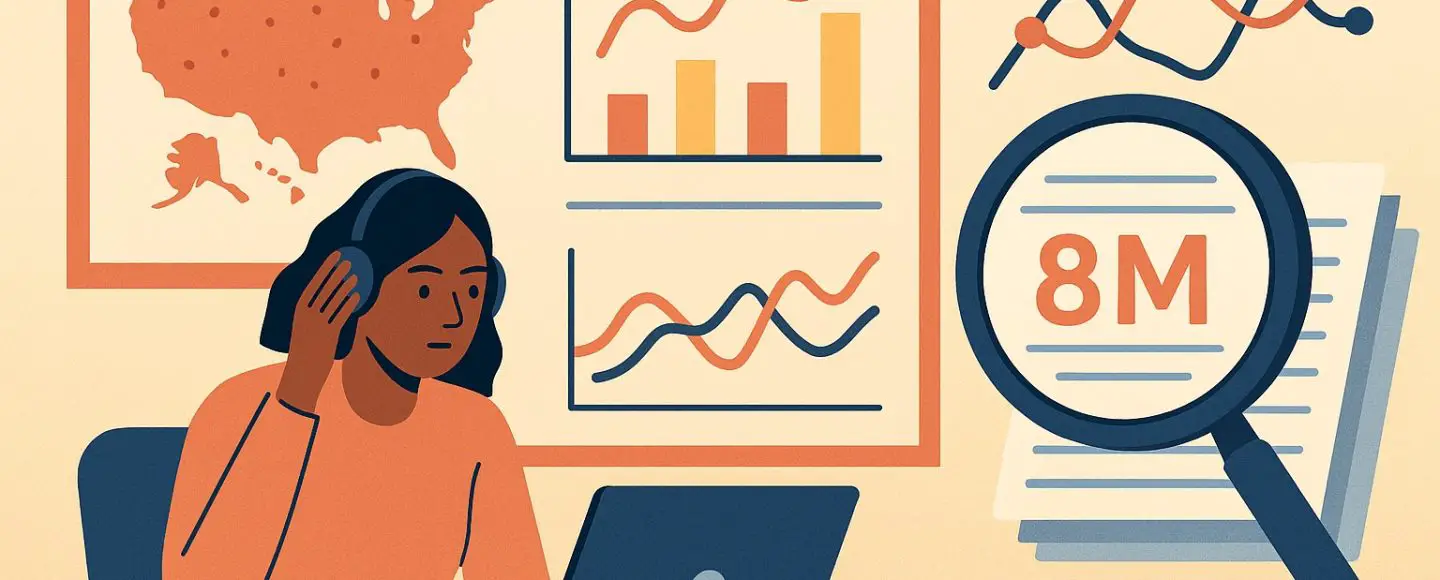






































































































![[The AI Show Episode 146]: Rise of “AI-First” Companies, AI Job Disruption, GPT-4o Update Gets Rolled Back, How Big Consulting Firms Use AI, and Meta AI App](https://www.marketingaiinstitute.com/hubfs/ep%20146%20cover.png)










































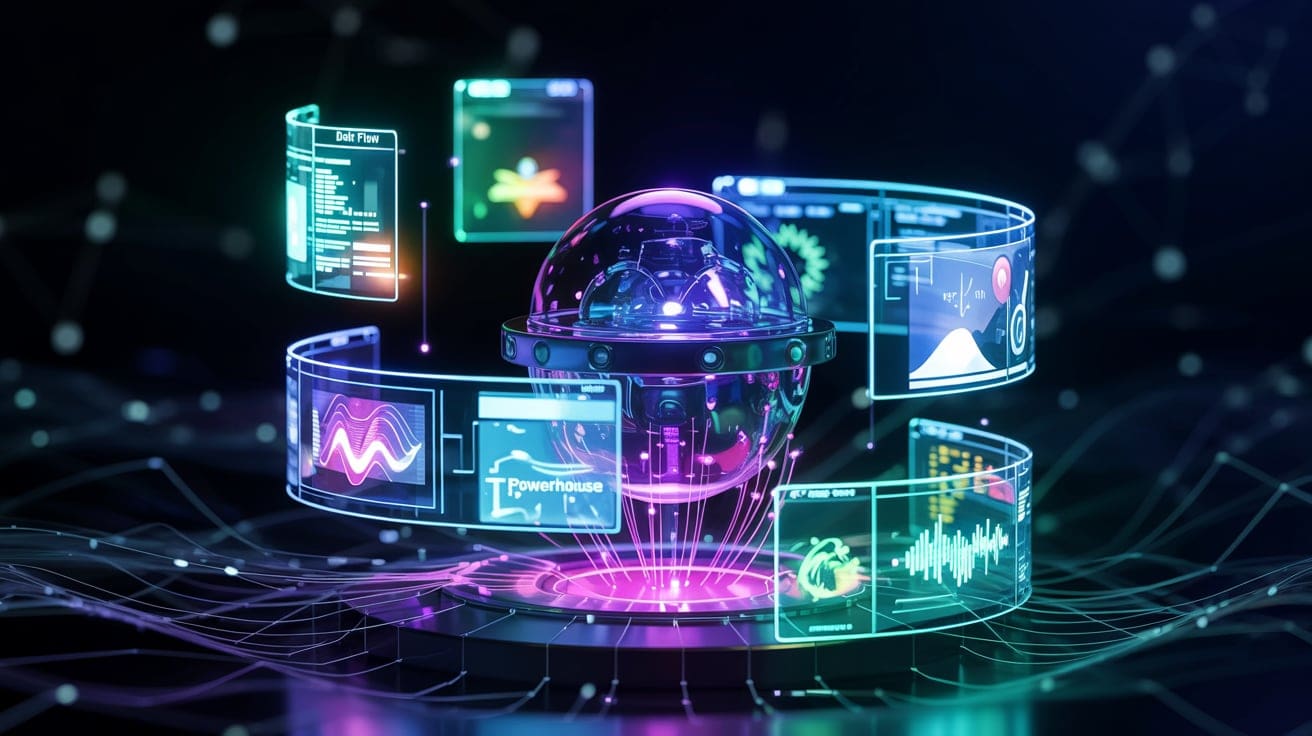



































































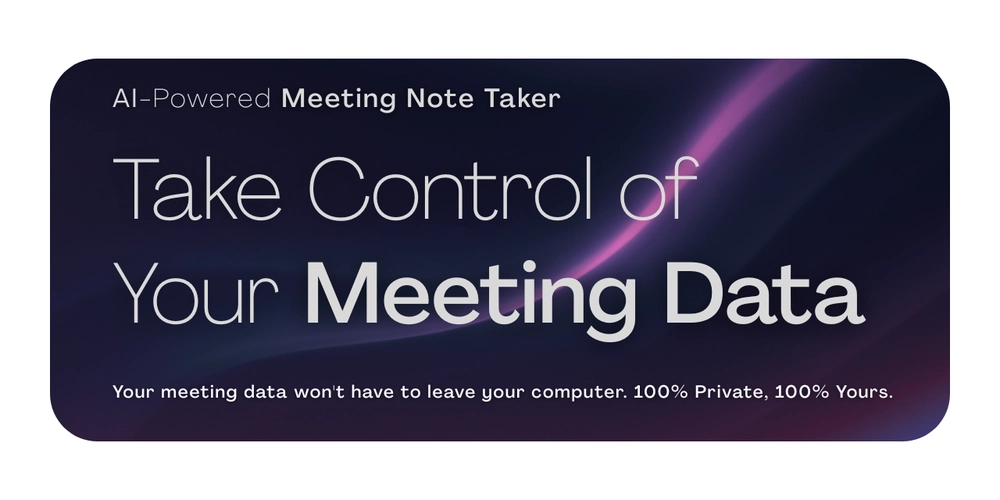

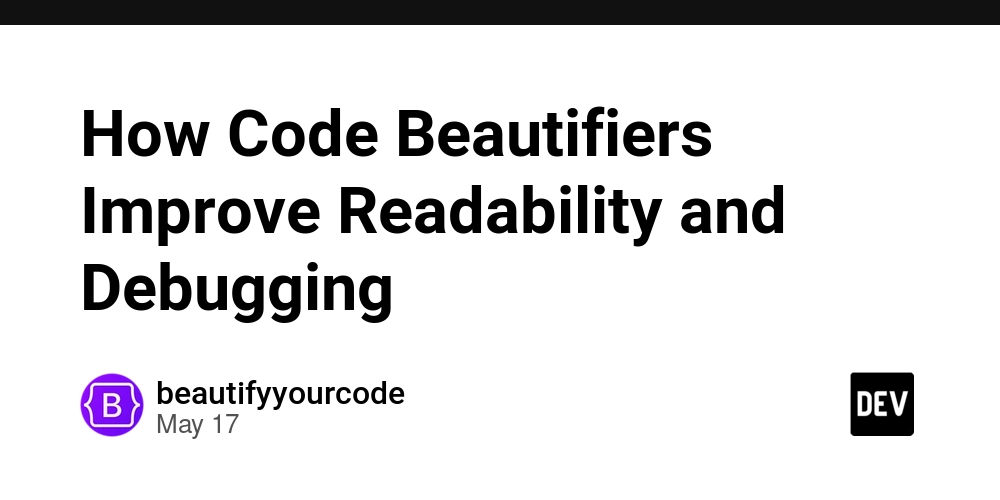











![[FREE EBOOKS] Modern Generative AI with ChatGPT and OpenAI Models, Offensive Security Using Python & Four More Best Selling Titles](https://www.javacodegeeks.com/wp-content/uploads/2012/12/jcg-logo.jpg)




![How to make Developer Friends When You Don't Live in Silicon Valley, with Iraqi Engineer Code;Life [Podcast #172]](https://cdn.hashnode.com/res/hashnode/image/upload/v1747360508340/f07040cd-3eeb-443c-b4fb-370f6a4a14da.png?#)












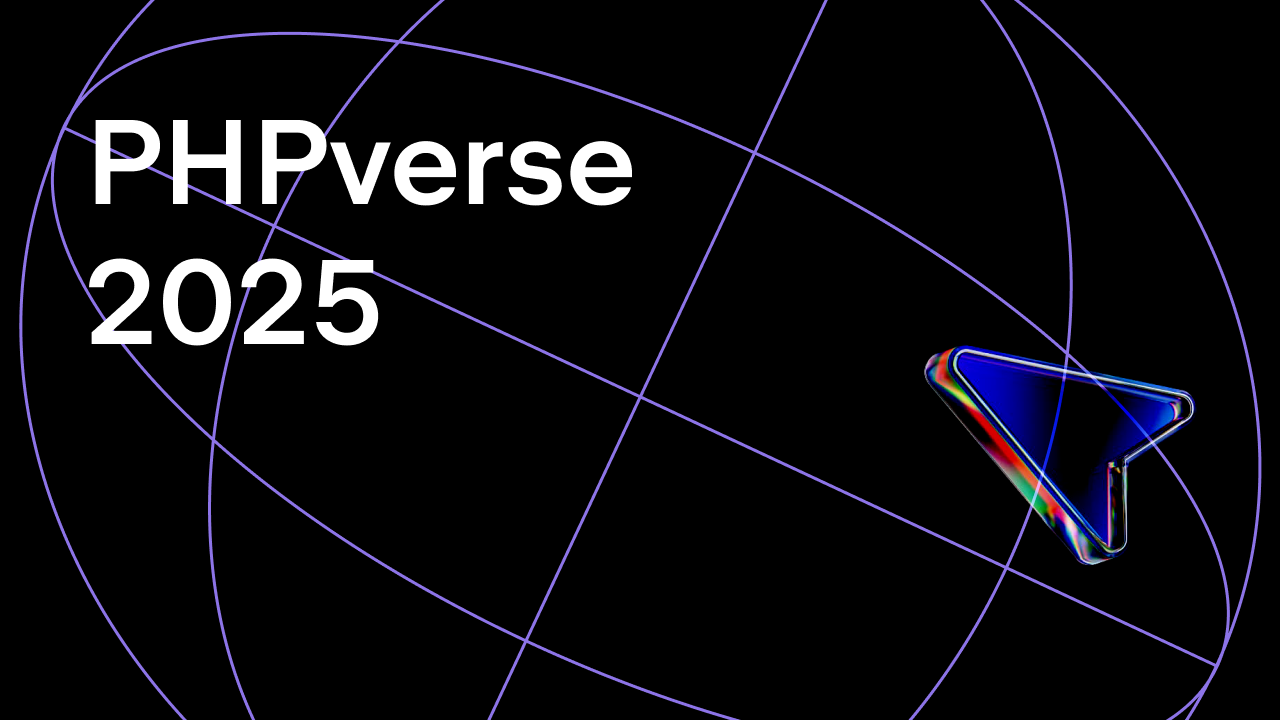
















































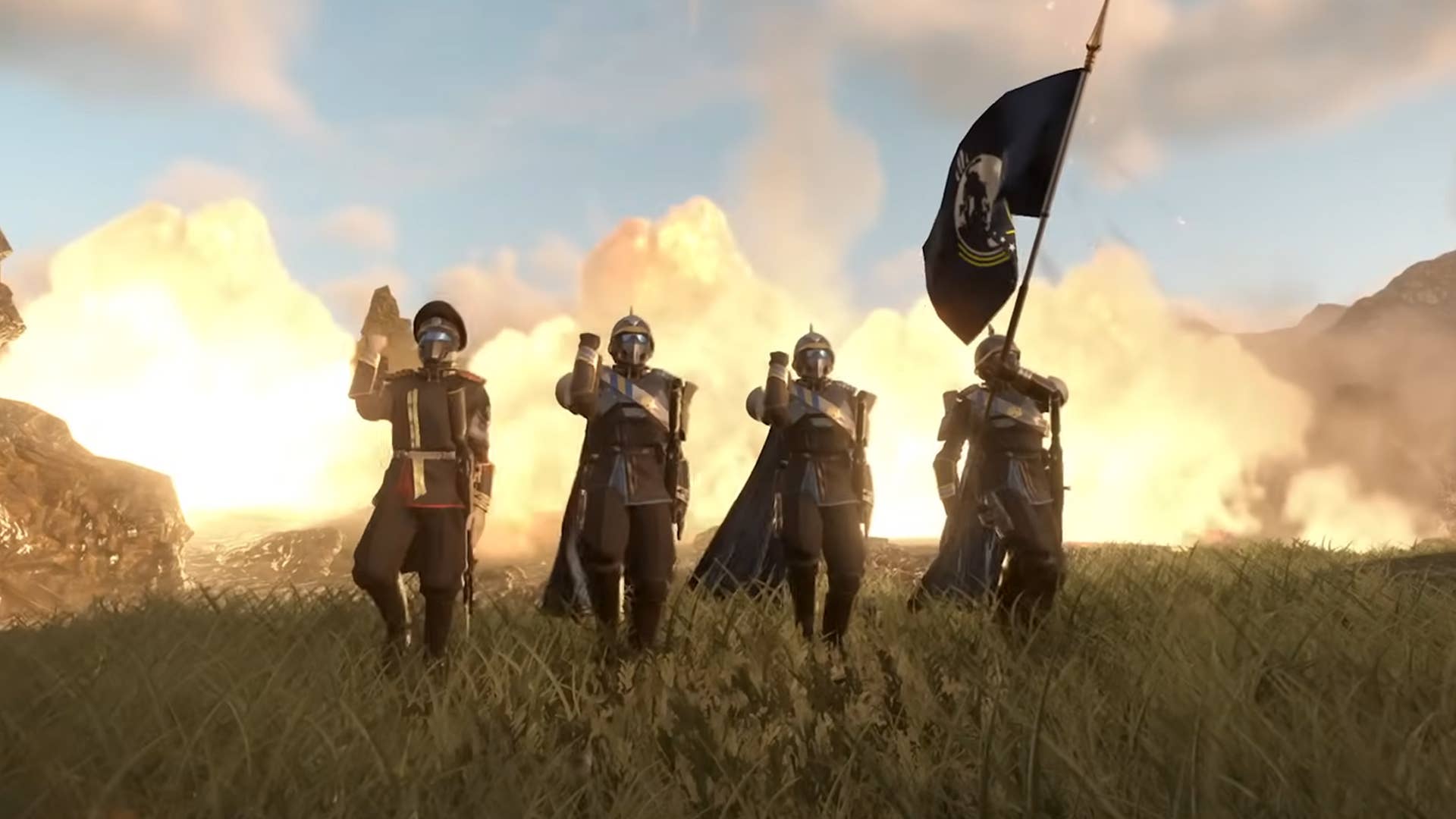

















































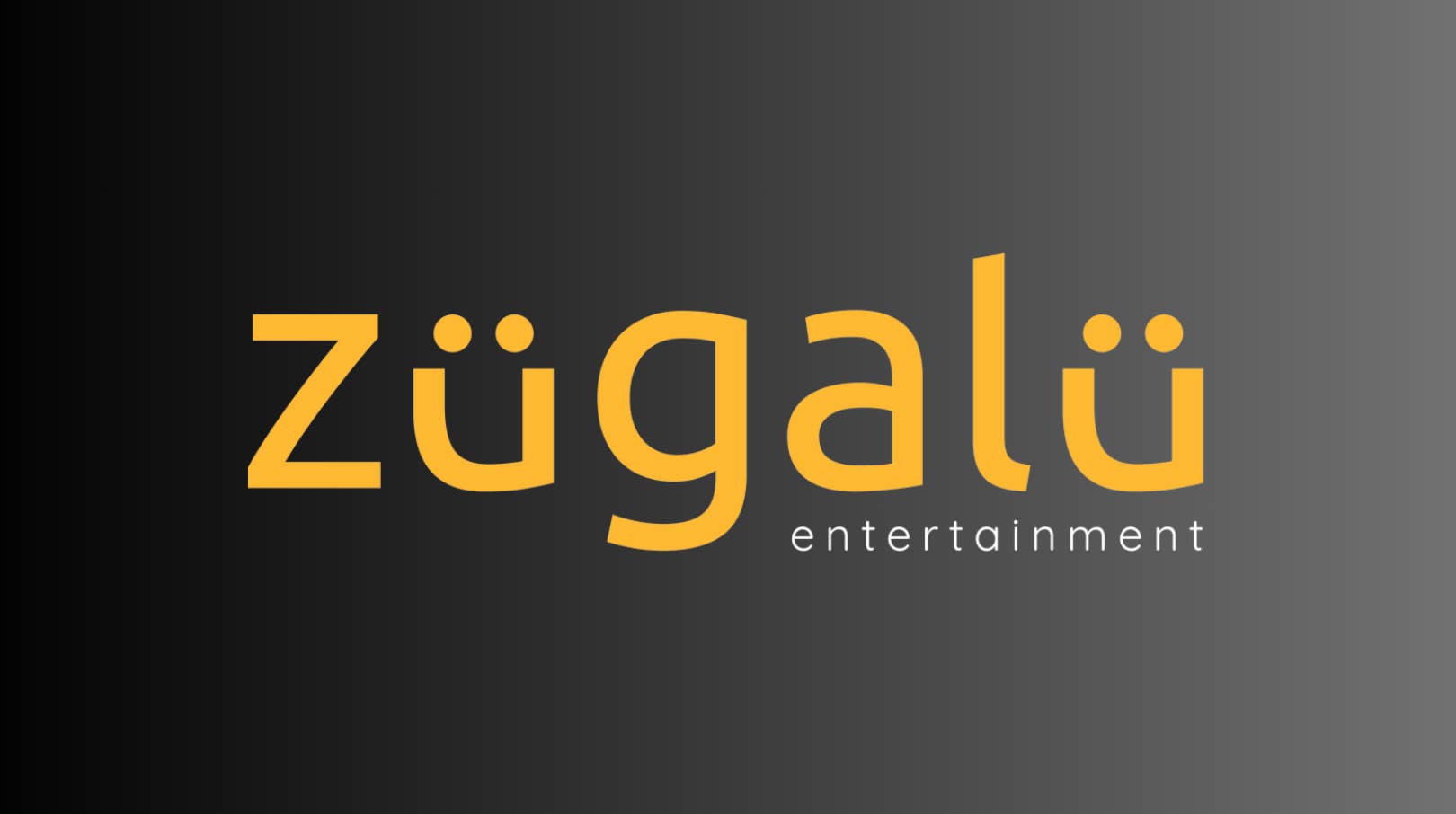


























![[Virtual Event] Strategic Security for the Modern Enterprise](https://eu-images.contentstack.com/v3/assets/blt6d90778a997de1cd/blt55e4e7e277520090/653a745a0e92cc040a3e9d7e/Dark_Reading_Logo_VirtualEvent_4C.png?width=1280&auto=webp&quality=80&disable=upscale#)















































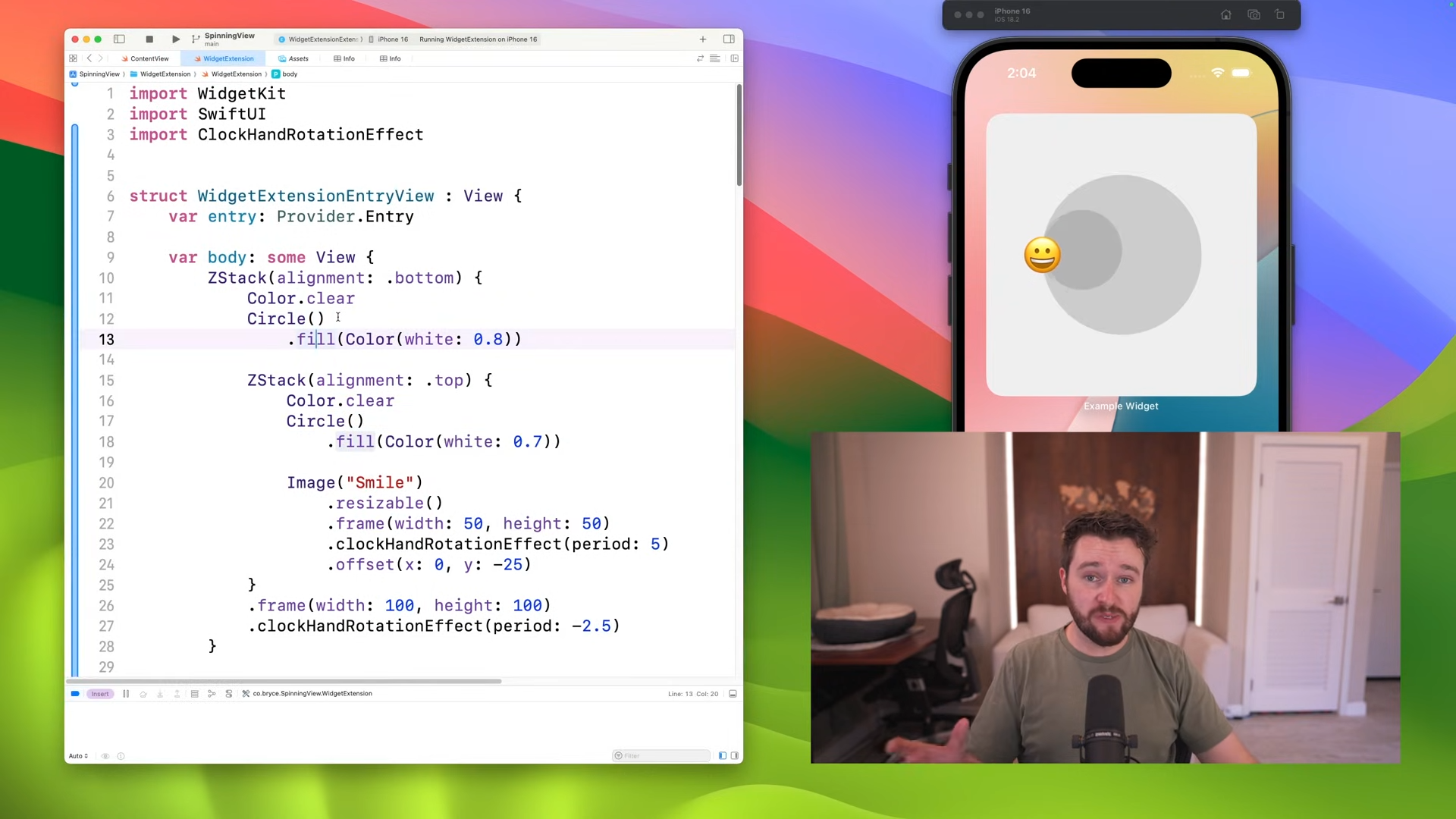





















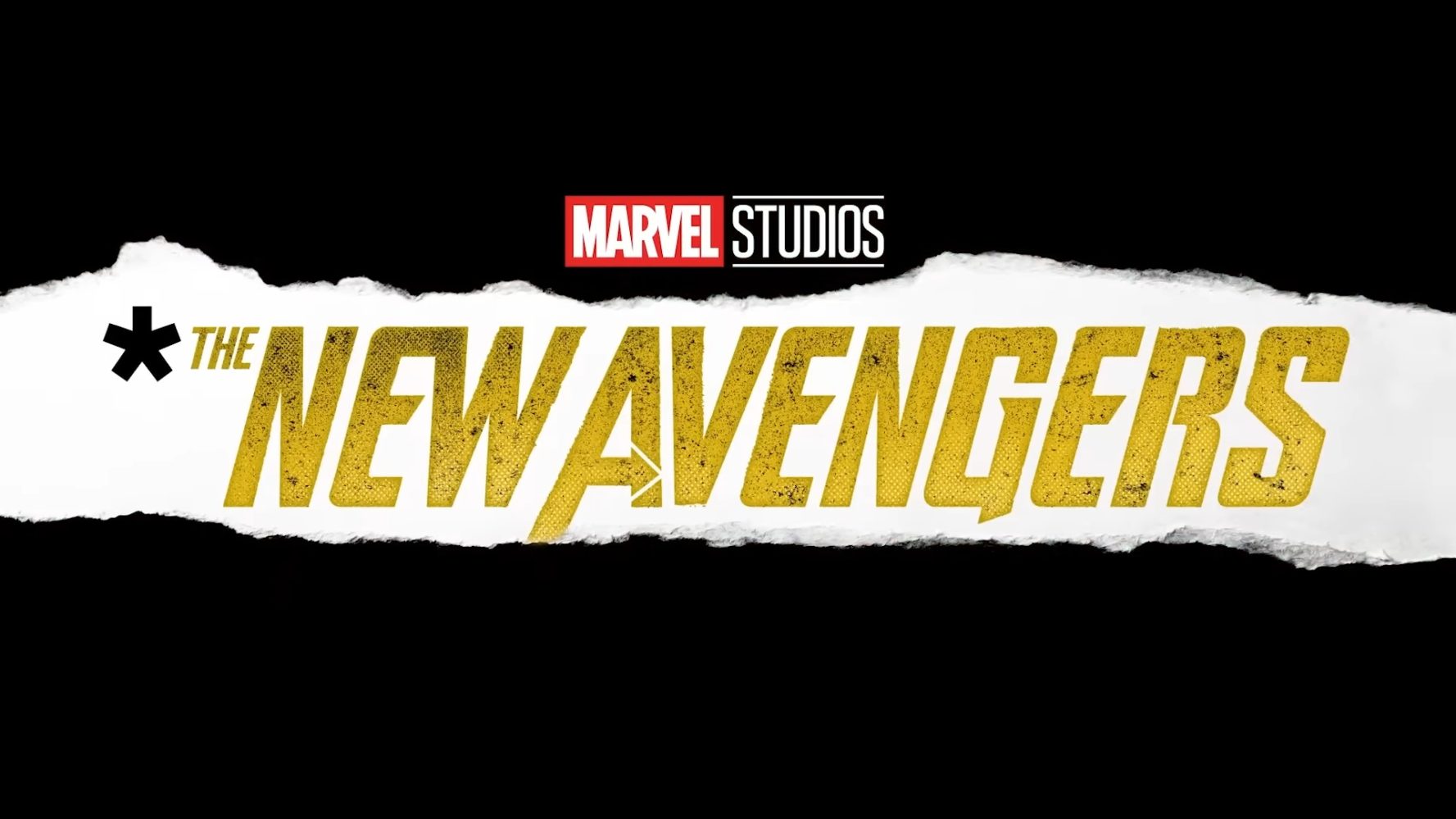





-xl-(1)-xl-xl.jpg)



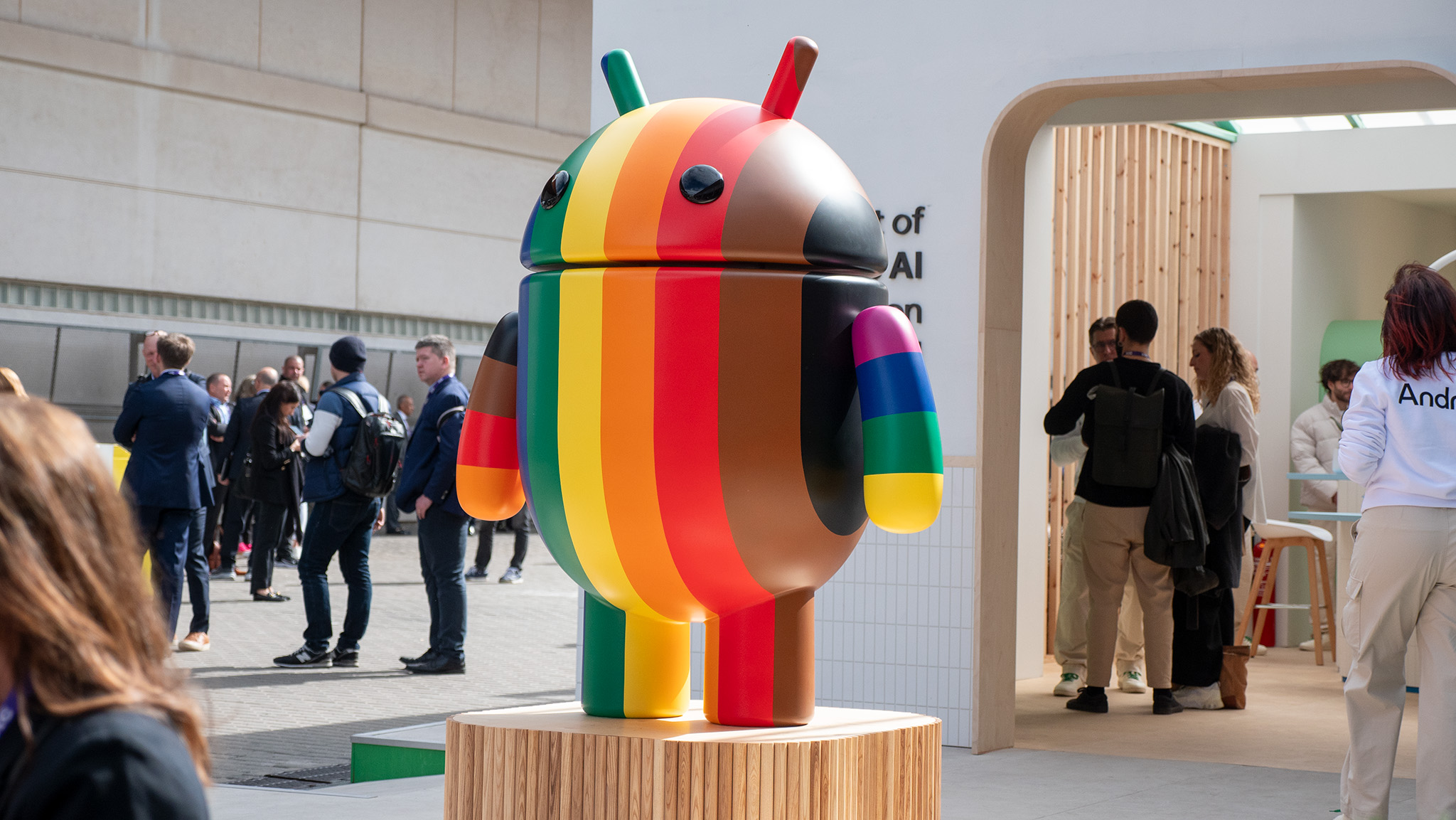
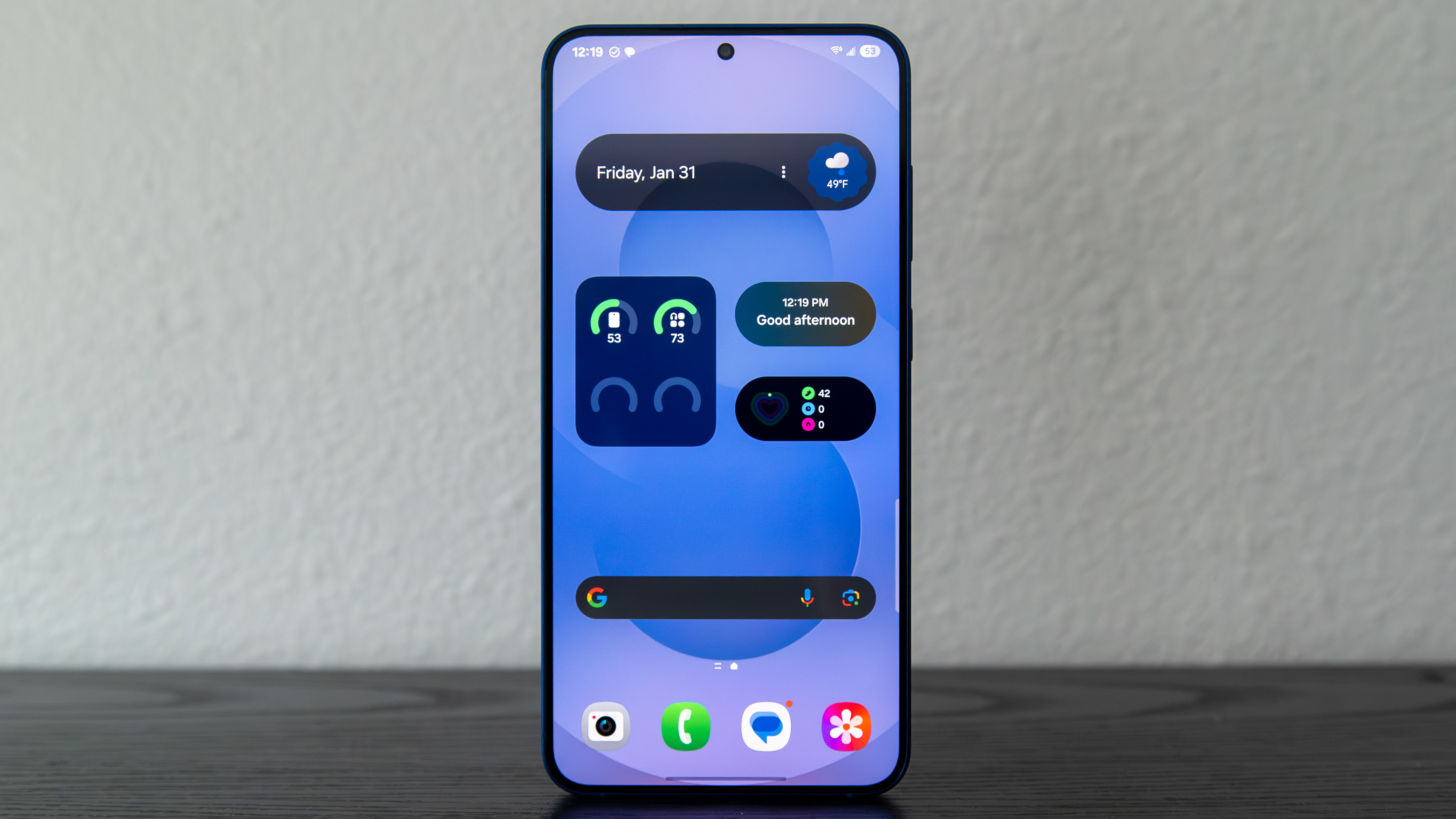

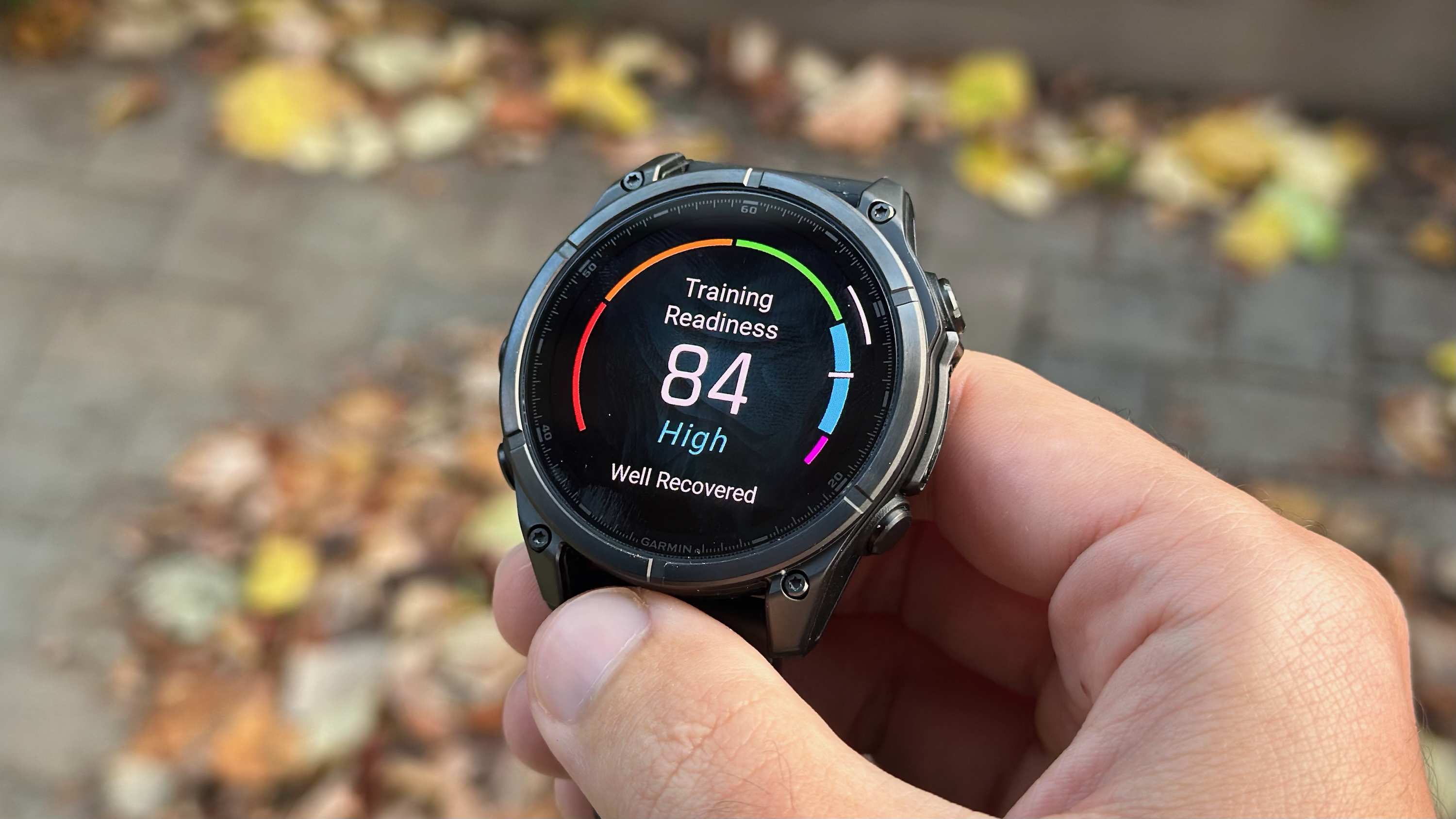
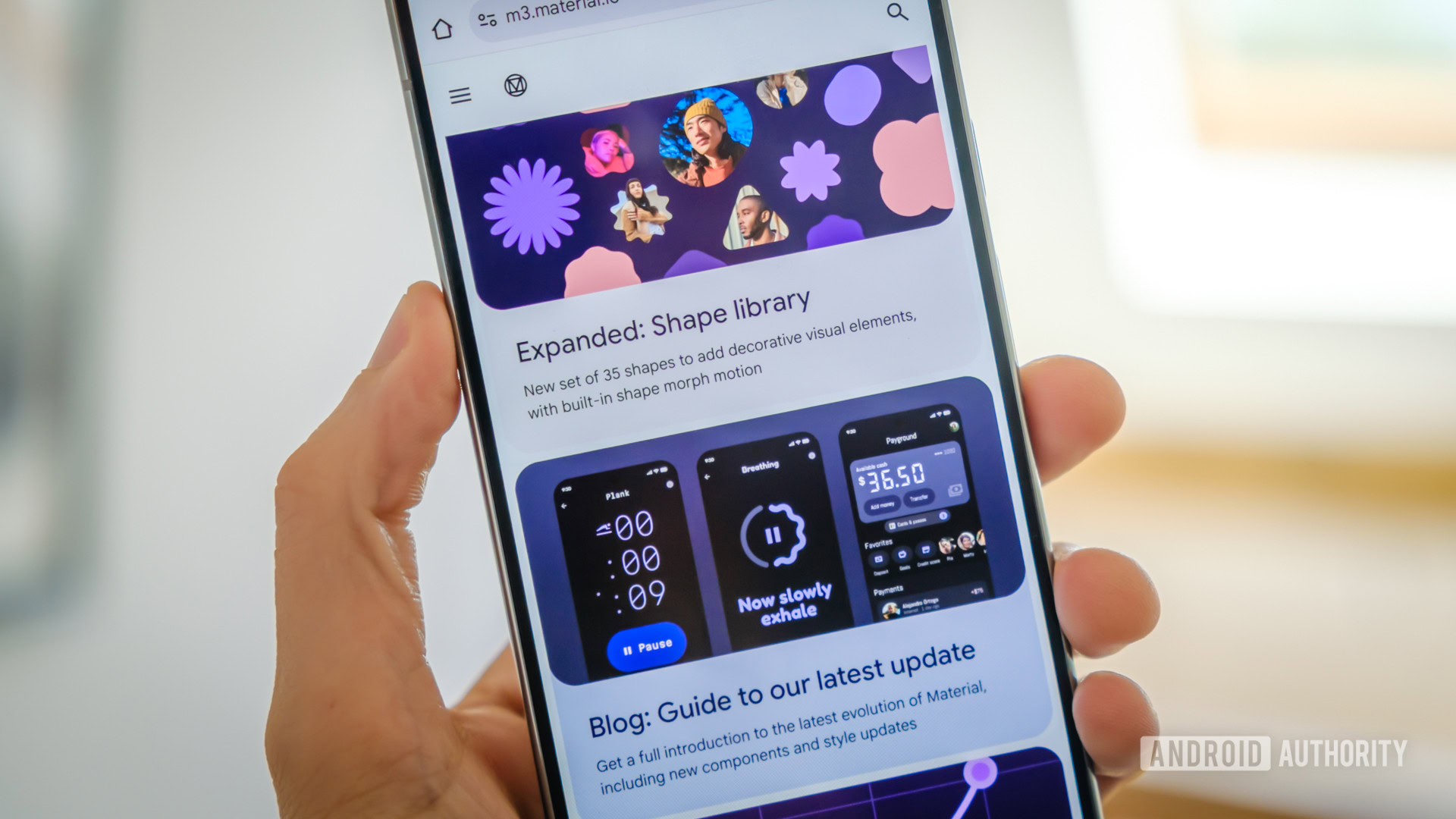

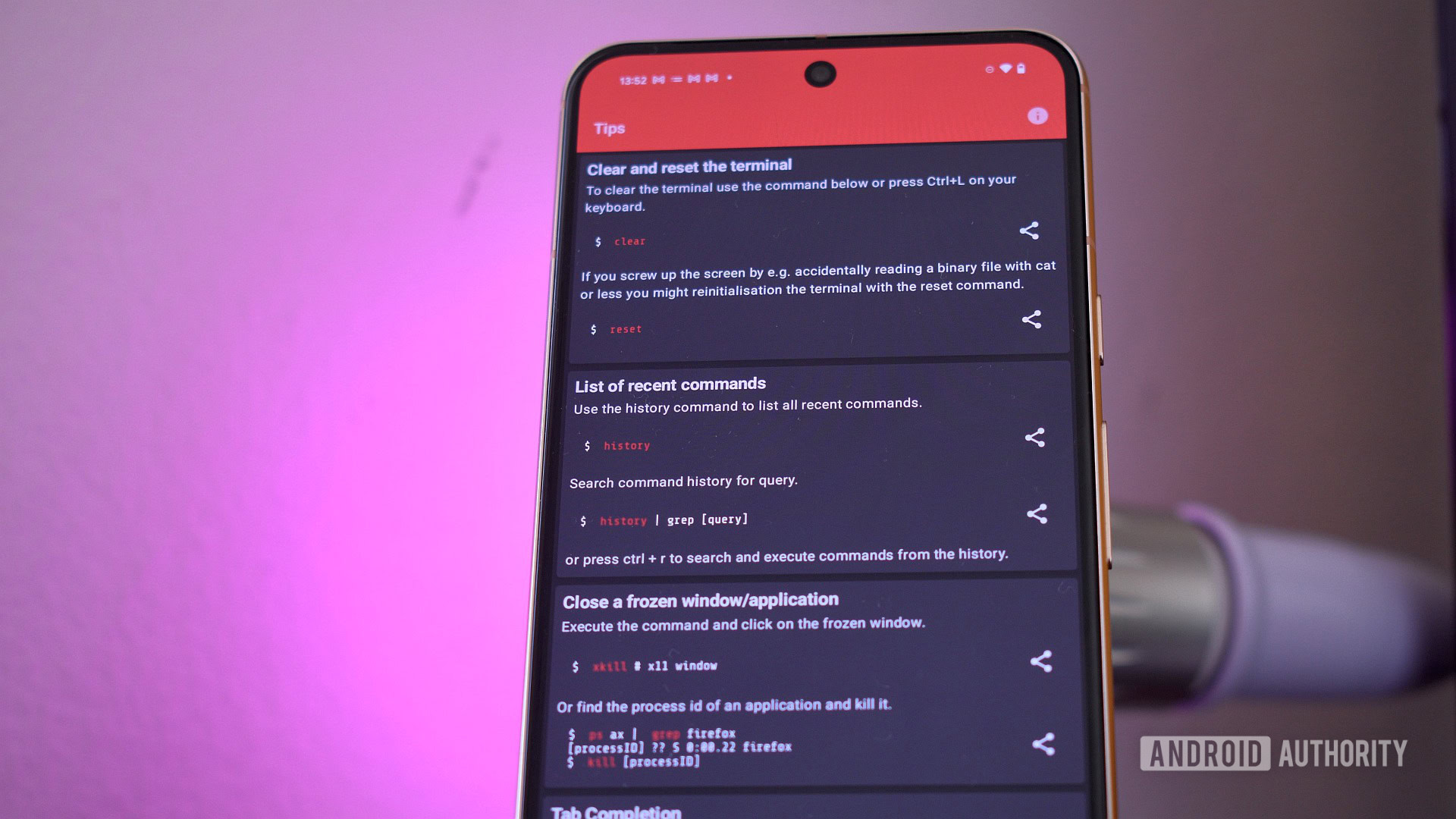



![How to upgrade the M4 Mac mini SSD and save hundreds [Video]](https://i0.wp.com/9to5mac.com/wp-content/uploads/sites/6/2025/05/M4-Mac-mini-SSD-Upgrade-Tutorial-2TB.jpg?resize=1200%2C628&quality=82&strip=all&ssl=1)
![‘Apple in China’ book argues that the iPhone could be killed overnight [Updated]](https://i0.wp.com/9to5mac.com/wp-content/uploads/sites/6/2025/05/Apple-in-China-review.jpg?resize=1200%2C628&quality=82&strip=all&ssl=1)













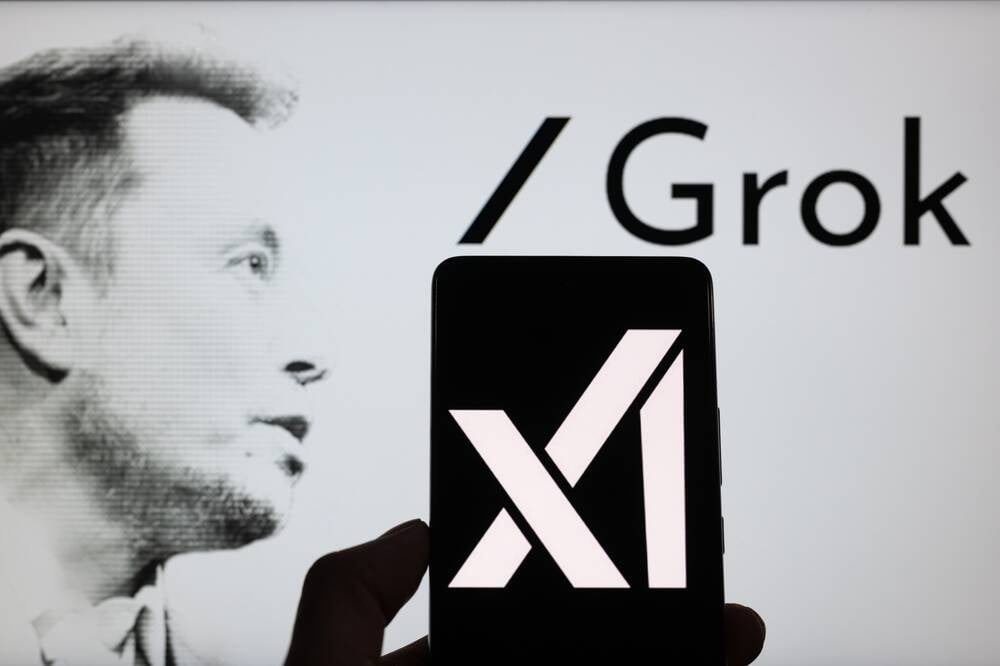
![iPhone 17 Air Could Get a Boost From TDK's New Silicon Battery Tech [Report]](https://www.iclarified.com/images/news/97344/97344/97344-640.jpg)
![Vision Pro Owners Say They Regret $3,500 Purchase [WSJ]](https://www.iclarified.com/images/news/97347/97347/97347-640.jpg)
![Apple Showcases 'Magnifier on Mac' and 'Music Haptics' Accessibility Features [Video]](https://www.iclarified.com/images/news/97343/97343/97343-640.jpg)
![Sony WH-1000XM6 Unveiled With Smarter Noise Canceling and Studio-Tuned Sound [Video]](https://www.iclarified.com/images/news/97341/97341/97341-640.jpg)








































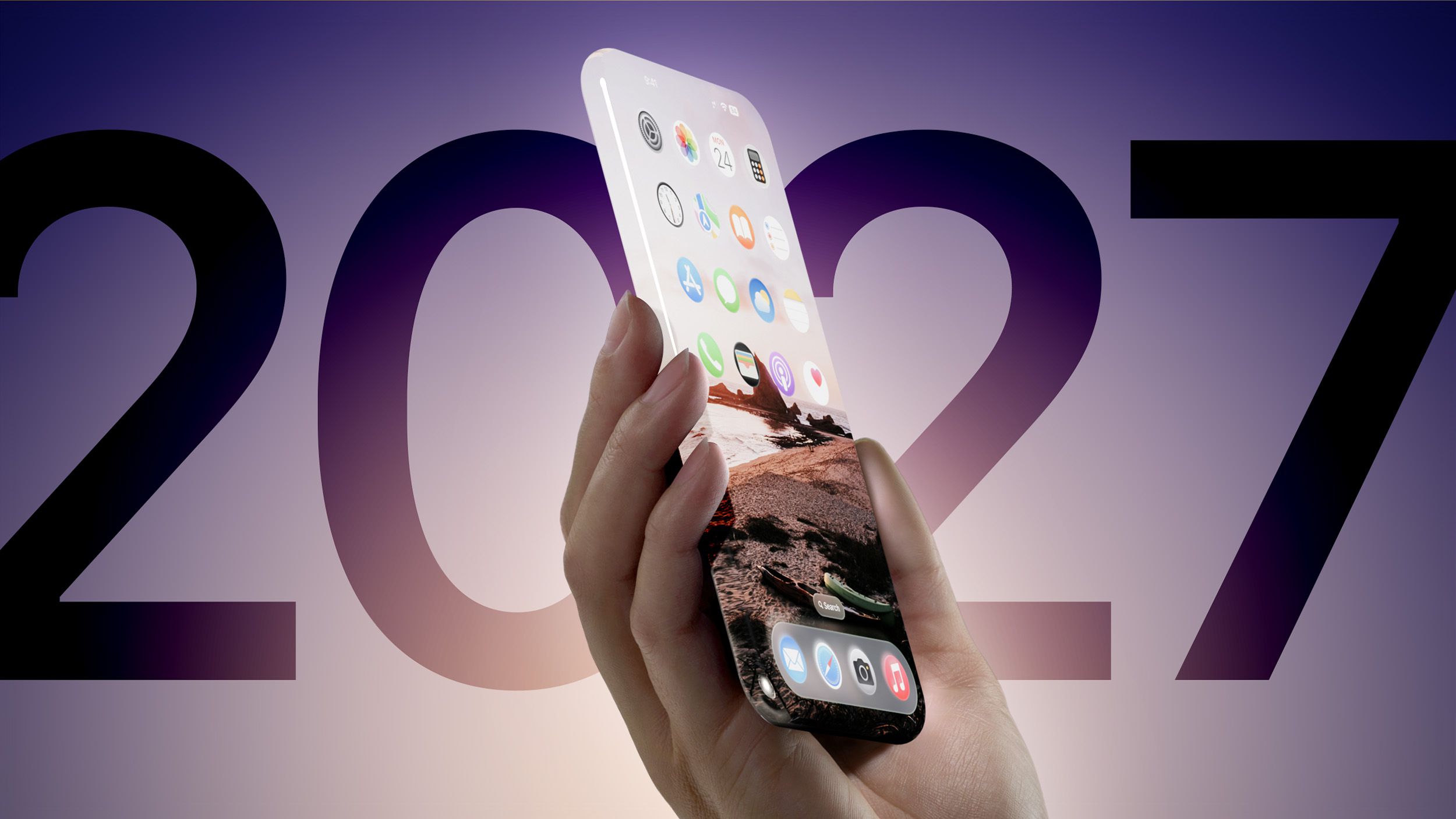

![Apple Stops Signing iPadOS 17.7.7 After Reports of App Login Issues [Updated]](https://images.macrumors.com/t/DoYicdwGvOHw-VKkuNvoxYs3pfo=/1920x/article-new/2023/06/ipados-17.jpg)



